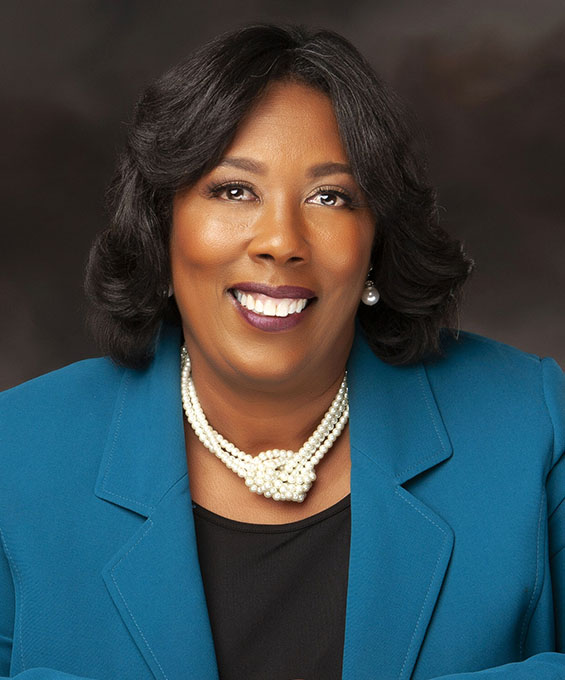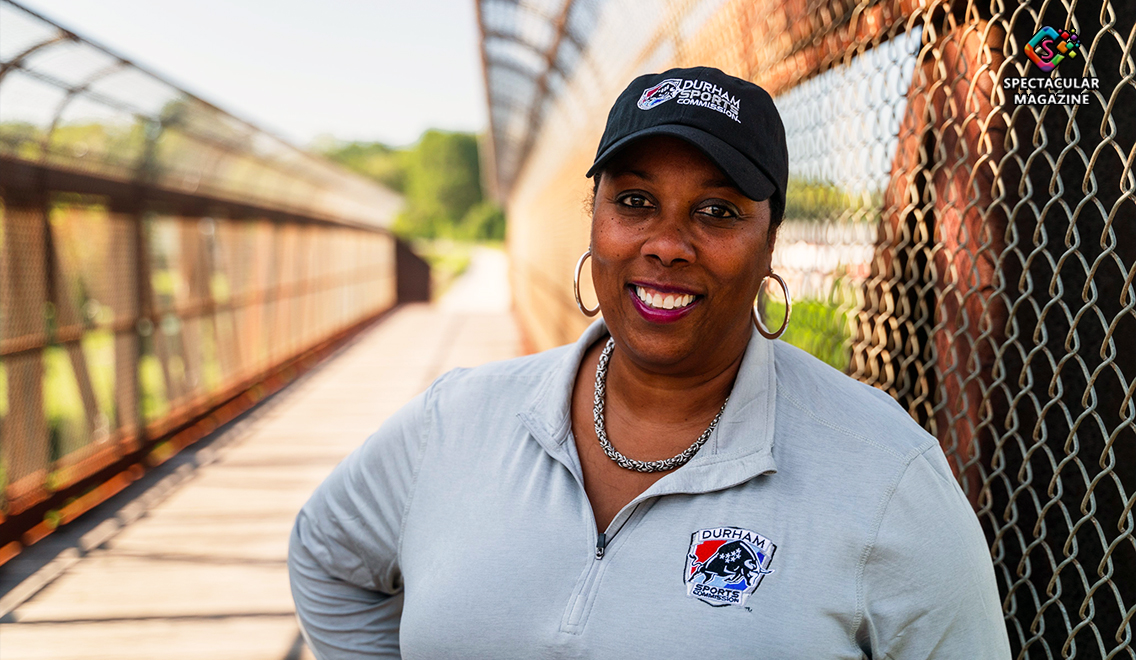Former NCCU AD Responds To Budget Issues, Defends Decisions In Her 30 Years Of Service

DURHAM, NC — Former North Carolina Central University (NCCU) Director of Athletics, Dr. Ingrid Wicker McCree, is addressing the scrutiny she is receiving regarding the athletics department’s current budget issues.
Wicker McCree replied to a news article in which administrators, including her successor, Dr. Skip Perkins, alluded to her tenure when discussing budget challenges. She spent nearly 30 years at NCCU as a coach and administrator.
Here is her complete response to the article.
I have remained quiet, trying to decide how or IF I wanted to respond. As I have embarked upon two years (June 1, 2024) in retirement from NCCU, I somehow seem to be at the center of attention based on the article and feedback. Thanks to those who have reached out to me to ask for clarification. You remembered that I lead with Kindness, Gratitude, Grace and Transparency.
I’ve thought about starting a blog about my experiences and leadership in general, so I guess this will be my first. I will share some facts so that those who want to have a clearer understanding of how things work can; here is what I know after serving one of the BEST schools in the NCAA for 28 years as a coach, adjunct, and AD and currently working in the industry with some amazing leaders and organizations STILL trying to have a positive impact on our young people and athletic leaders. ALL of this information is public knowledge.
Every FCS department has deficit issues, fundraising challenges, insurance issues, and just plain “Not enough money” issues. The key is to have a plan. The athletics budget was nearly $15M at one point before COVID-19, and then things changed just like they did for EVERY collegiate program. Our budget was cut by $2.8M, which caused shortfalls in staffing, travel, equipment, game day operations, and pretty much the entire budget, which included furloughs.
In 2017, the “previous administration” -i.e., I guess “Me” shared with the NCCU BOT what was needed to be competitive as a D1 member and even asked what it would look like transitioning back to D2. The number needed to sustain a D1 FCS program at that time for NCCU was $17-$19M, with the university assisting in supporting the budget just like 90-95% of all D1 FCS programs. FCS programs are predominantly funded by student athletic fees, university support, and everything else. Interestingly, we also quantified the value of student-athlete’s contribution to the university, which was, at that time, $3.2M (and this did not include State appropriations per in-state student-athlete). This report was presented to the NCCU BOT several times. So, contrary to what people believe, not all 300+ student-athletes were on full athletic aid, and there is a positive impact from student-athletes on the finances of the university.
NCAA Division I is and will always be a challenge for every member institution except for a handful. Even some of those schools will struggle with the new NIL, compensation, and other legislation being passed to better support our young men and women. So, yes, You have to be creative to raise funds, and Peak Sports was an opportunity to do that. Learfield, Taymar Sports, Aspire, and many other third-party companies base their partnerships off of shared revenue. Duke, UNC, NCSU, App State, ECU, Elon, and other D1 programs have sports properties that have similar revenue-sharing deals to increase the bottom line and meet budget projections bc that’s what it is, a projection, a loan, for which the athletics program has to technically “payback” the University each year by meeting its revenue goals.
So, the contract with Peak is not a “new” concept but rather what is industry standard when a school decides to outsource corporate sponsorships or ticket sales or marketing. To be more specific, NCCU submitted an RFP to find the best company to assist with sponsorship deals. Three companies submitted their bids through the North Carolina State purchasing system. This was a decision made by several entities and leaders on campus, not just the Lil ol’ AD.
The State Purchasing Bid Process engages the Department, Finance and Administration, Legal Counsel, Chancellor, and BOT (for selected bids). This goes for all major contracts/agreements to include employee contracts…. multiple conversations with the involved stakeholders before approvals are made. ADs manage a diverse population of constituents daily, trying to bring harmony to all. It’s a tough job!
During the first year of the Peak partnerships, reports were made at every NCCU BOT meeting, sharing the progress made and revenue generated. Peak provided two full-time staff members (paid for by Peak) whose sole job was to manage the sponsorship process in collaboration with the athletics staff member(s). The revenue share was 60% to NCCU, 40% to Peak ONLY on corporate sponsorships and marketing transactions, not on individual donations or other aspects of fundraising. However, I believe that the revenue sharing breakdown has slightly changed to better benefit NCCU, but don’t quote me; I haven’t been there lately.
As for medical bills, you must have a process in place that includes the health care providers, athletics staff members, and university accounts payable in order to facilitate the insurance claims process. If all of those entities are not in sync……you will have medical bills issues. Period. Athletics needs a medical billing specialist and a sound process to prevent this from reoccurring.
I will say this: Leaders have to make decisions they feel will benefit all stakeholders. Sometimes, these decisions are fabulous, and sometimes they are not. But at the end of the day, you gather as much information, data, and feedback from your team members as possible, and then you make the very best decision for your student-athletes, the University, and stakeholders, in that order.
I have faith that the current administration, with Chancellor Dixon leading the way, will FIND A WAY FORWARD; that’s what the Eagles Do!


